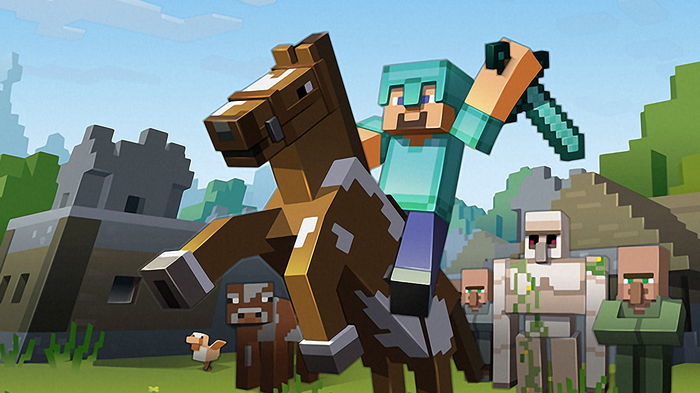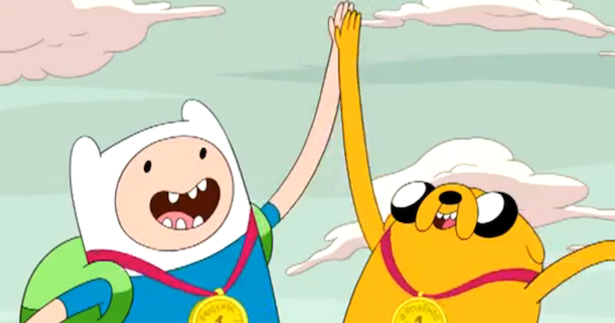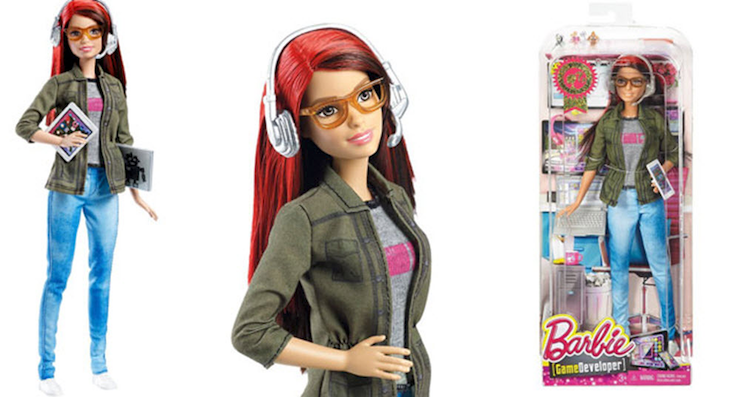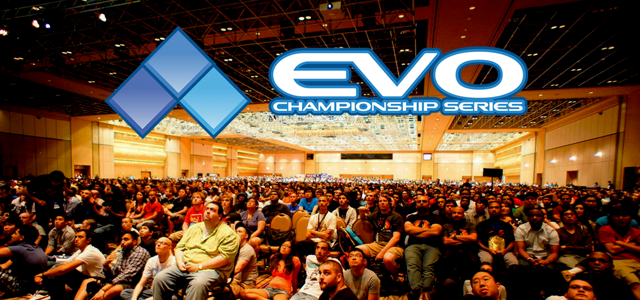I’m currently working my way through Neal Stephenson’s Seveneves. I’m writing about it here because the book was described to me as feminist science fiction written by a man. I had forgotten that description until I had gotten a little ways into the book, but it came back to me when I started to get into the story and his portrayals of women. I’m only about halfway through the book, but Stephenson seems to move between stereotypical and more realistic portrayals in interesting ways. I have included minor spoilers, but none are essential to the story.
The basic premise at the beginning of the novel is that Earth is about to become uninhabitable, and people need to move to the space station. In this early part of the novel, we meet Dinah and Ivy who I found to be two of the most interesting characters. They live and work on the space station as the engineer and commander respectively. I found them to be fairly realistic, but the interesting part is how Stephenson portrayed their perceived dynamic. That is, early in the novel we learn that even though these two are friends, their portrayals Seveneves lead people to believe they don’t really get along. Here, Stephenson seems to be playing with and rejecting stereotypes simultaneously. The typical “women can’t get along with each other” gets pushed back against the more realistic “women are just people.”
This fictional world also contains a female president. And, she is portrayed almost exactly the way a female president would be in our world. I feel like Stephenson wrote her in this way on purpose to show how over the top assumptions about women can be. But, her character seems much more stereotypical then Dinah And Ivy’s. Her name is Julia Bliss Flaherty, and she is often referred to as J.B.F. (And,it’s hard not to hear H.R.C.) Stephenson also uses Julia’s character to comment on how focused the media and public can be on how a woman looks:
J.B.F.’s hair had been much commented on during the days before Zero, when such things had actually seemed important to commentators in the world of fashion and politics.
Yes, I know that many people have also commented on Trump’s hair. But, people’s concern about looks and fashion happens more often when discussing a woman’s qualifications. Stephenson’s treatment of Julia’s hair feels similar to that of the (mis)perceived dynamic between Ivy and Dinah in that he is again shining a light on the ridiculous things the media tends to focus on.
Early in the novel, Julia just seems like a placeholder and secondary character. But, as we progress Julia is portrayed as a little (or a lot) insane, power-hungry, possessing an almost cult-like zeal, hard, and bitchy. And, I’m so conflicted by this portrayal because it’s pretty spot on with how the media tends to portray women with any power, which seems to be Stephenson’s point. And, to be honest, I love Julia’s character even with some of the more obvious stereotypes because she’s so entertaining. She’s one of those characters that I just love to hate. But, at the same time while Julia reminds me of HRC, she also reminds me of Trump. The list I used above actually seems more fitting with Trump’s approach. So while, he probably wouldn’t be called “bitchy,” he hasn’t exactly displayed many qualifications. When things start to go south in the novel, Stephenson provides this description of Julia:
Pinned down and obliged to justify herself, [Julia] would explain her actions in terms of some altruistic plan. And she might even believe it. But it was that at all. She was like Ivy’s grandmother. If you paid fealty to her, she would favor you, and your reputation and power would grow among all the others who did likewise. If you sent her off to an arklet and ignored her, you became an enemy of her and her network. She wielded no power other than that. But, ignored long enough, she could become a mighty foe.”
This description would probably be an accurate one for many of our own politicians, and that’s what I’m loving about these characters. Some are good, all are flawed. I would never want a female character to be portrayed as “perfect.” I want to see realistic characters of all genders. Part of what fascinates me about Julia’s character is how little I noticed her at the beginning of the novel because, for the most part, she seemed to be playing a bit part. That is, in the beginning, her character’s purpose seemed to be to represent the role of the president. She didn’t become interesting to me until I got further into the novel and she started making some bad decisions.
I’m completely fascinated by these and other characters. Julia’s actions often seem over the top, but also often seem understandable. I can understand why she wouldn’t make the best behavioral choices in her situations. In the media’s construction of Dinah and Ivy as frenemies, it’s hard not to see how stories get played out in the media, whether they are true or false. And, it’s definitely hard not to see some people’s assumptions about HRC. being demonstrated through Julie’s character although these characterizations could also apply to many, many politicians.
I’m enjoying what he’s doing with the characters in this novel because it follows what we often talk about here, which is the tendency of games, movies, etc to reflect society. The book has also grappled a bit with sexuality and race, but, it feels like Stephenson has only gotten started in this area. Thus far, there is acknowledgment that there are different races of people and people tend to fall at different places on the Kinsey Scale. But, I’m hoping and anticipating that the second half of the book begins to allow some of those characters and considerations to grow. If so, perhaps I’ll write more about it. At the very least, these characters and attempts to sexism (especially sexism in a tech industry and sexism in the media) seem more fully formed than other books I’ve read that bumble their way through the problems.




